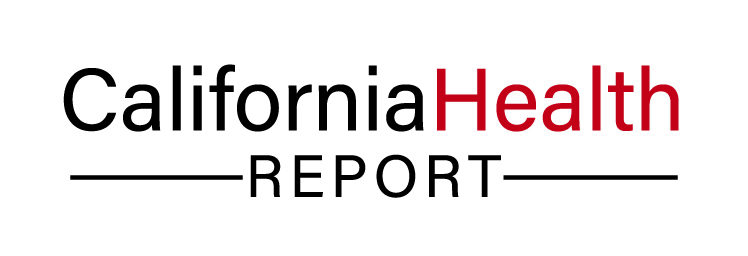
A plan unveiled this week by Senate Democrats to shift billions of dollars in services from the state to the counties might make government more efficient. But it won’t help balance the budget.
The Democrats are proposing to shift several health, social service and criminal justice programs to California’s 58 counties, but they are also proposing to transfer the money to pay for the programs. Some of that money would come from tax increases.
The proposal would shift juvenile parole services to counties, along with the responsibility for jailing and supervising certain low-level offenders convicted of drug and property crimes.
It would also increase the counties’ share of responsibility for the state’s welfare-to-work program, hopefully giving them more of an incentive to move recipients into the workforce, which could create long-term savings for taxpayers. Currently, counties pay 2.5 percent of the cost of welfare grants. That would grow to 25 percent. The proposal would also shift the entire responsibility for child care for welfare recipients to the counties.
Finally, the plan would shift responsibility to the counties for the Adult Protective Services program, which investigates abuse of the elderly, along with most other aging programs. It would eliminate the state Department of Aging.
The shift would reduce the state budget by about $3.1 billion in the first year and $4.3 billion after four years, while adding the same amount of spending to county budgets. To pay for the programs the counties would get revenue from a proposed oil severance tax, a portion of the state sales tax, money from an extension of last year’s increase in the Vehicle License Fee, and projected savings to the counties from the implementation of federal health reform.
The Senate Democrats were already counting on most of those revenues to help balance the state budget. So any money shifted from them to the counties would have to be made up elsewhere, or state spending would have to be cut further to make up the difference.





